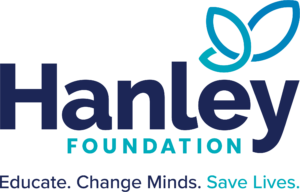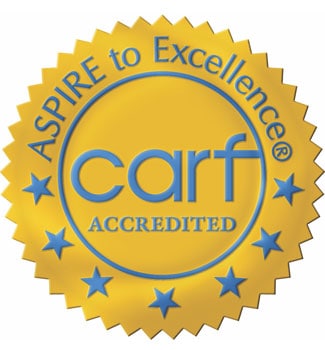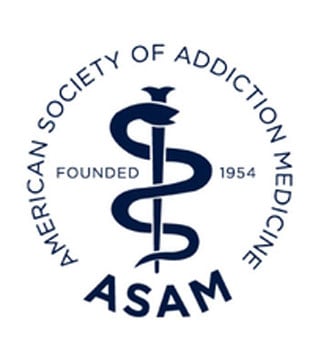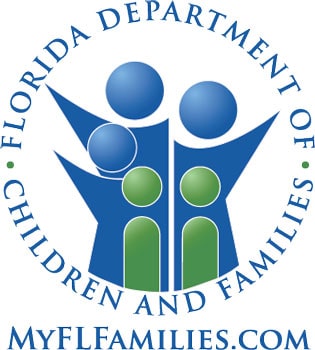Ecstasy Addiction Treatment
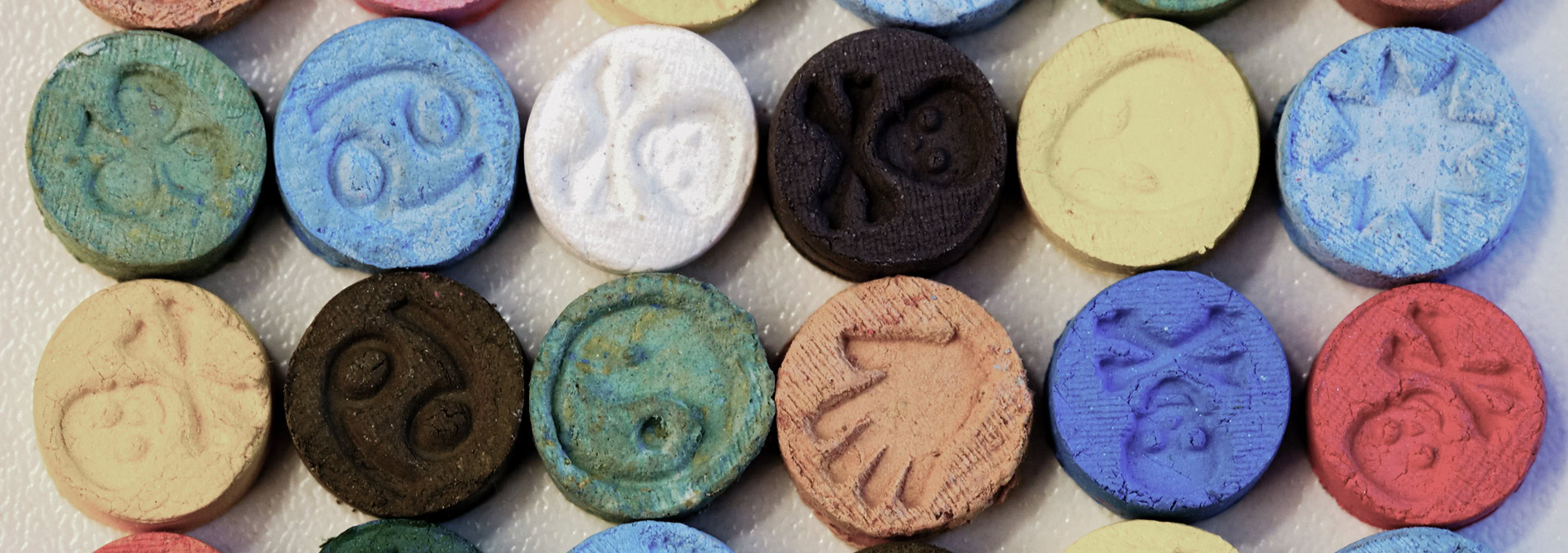
Are you or someone you love feeling trapped in a cycle of euphoria and emptiness due to ecstasy addiction? Many people experience intense highs followed by deep lows, impacting their relationships and well-being.
To learn more about ecstasy addiction treatment, contact us directly or continue reading.
What is Ecstasy?
Ecstasy, MDMA, or 3,4-methylenedioxy-methamphetamine, is a synthetic drug that alters perception and mood.
Chemically similar to stimulants and hallucinogens, ecstasy produces feelings of increased energy, pleasure, emotional warmth, and distorted sensory and time perception. It has been shown to do immense amounts of neurological damage. Commonly referred to as X or Molly (slang for “molecular”), this drug is often thought to be a “pure” crystalline powder form of MDMA.
Ecstasy is usually ingested in a tablet or capsule, swallowed in liquid form, or snorted.
Is Ecstasy Addictive?
Yes, ecstasy is considered an addictive drug.
While Ecstasy itself may not be physically addictive in the same way as some other drugs, people can develop a psychological dependence on it. This means that they may crave the drug’s effects and have difficulty controlling their use, even if they know it’s harmful.
Treatment
What Effects Does MDMA Have on the Brain?
These three brain chemicals are increased when using MDMA.
- Serotonin – affects appetite, mood, sleep, and other functions. It also triggers hormones that affect trust and sexual arousal. The release of large amounts of serotonin likely causes feelings of empathy, emotional closeness, and elevated mood felt by those who use MDMA.
- Dopamine – increased activity/energy levels and acts in the reward system to reinforce behaviors.
- Norepinephrine – increases blood pressure and heart rate.
Other Side Effects Include:
- blurred vision
- chills
- dehydration
- involuntary teeth clenching
- hallucinations and delusions
- muscle cramping
- nausea
- sweating
- water intoxication
Effects from taking MDMA can usually be felt for 3 to 6 hours, and many users will take more doses as the effects of the first dose begin to fade. MDMA has side effects after use for as long as a week.
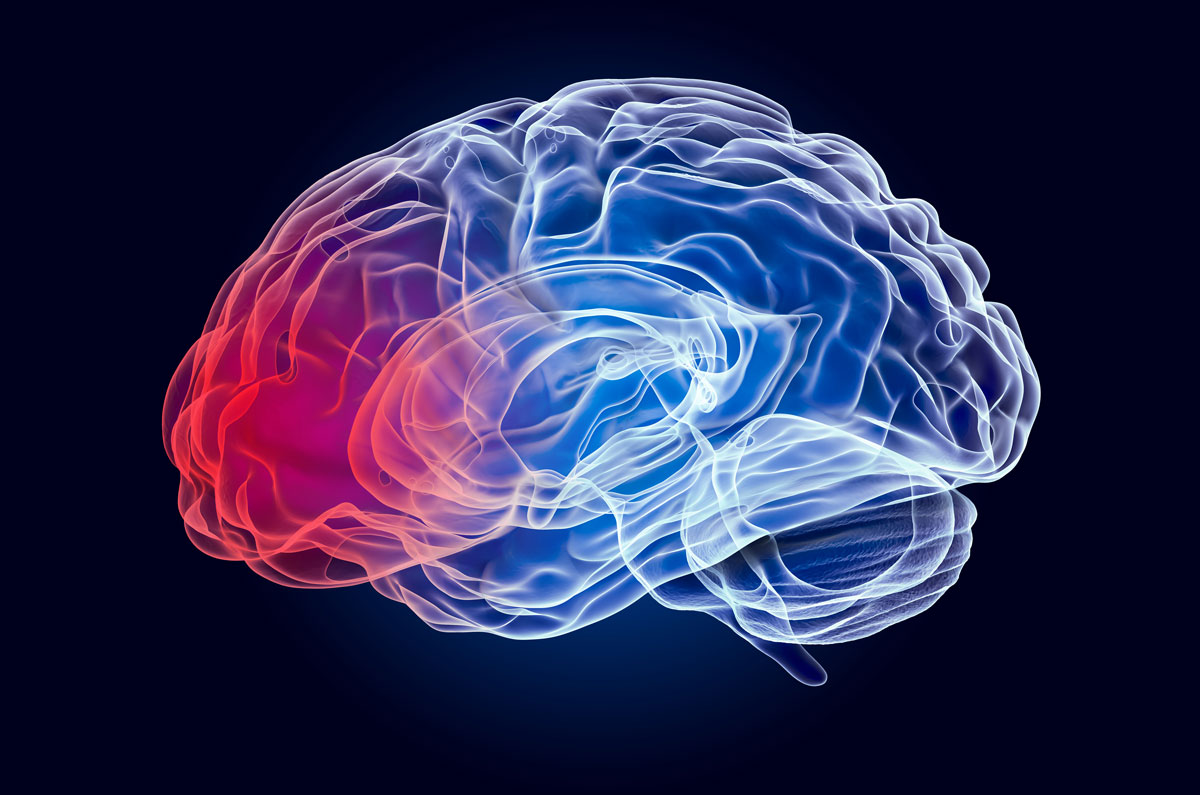
Understanding Ecstasy Detox
Ecstasy detox, unlike some other drugs, is primarily focused on managing the psychological effects of withdrawal rather than severe physical dependence. Here’s what’s involved:
Medical Supervision (Recommended)
While not always necessary, undergoing detox with medical supervision can be beneficial. A healthcare professional can monitor your withdrawal symptoms, ensure your safety, and provide support during this challenging time.
Ecstasy withdrawal symptoms are typically psychological and can include:
- Fatigue and low energy
- Difficulty concentrating and focusing
- Irritability and mood swings
- Anxiety and depression
- Trouble sleeping (insomnia)
- Difficulty feeling pleasure (anhedonia)
- Cravings for Ecstasy
Supportive Measures
Detox focuses on managing these symptoms and helping you cope without Ecstasy. This may involve:
- Therapy: Individual or group therapy can help you understand your addiction, develop coping mechanisms for cravings, and address any underlying mental health issues.
- Nutritional Support: A healthy diet with adequate vitamins and minerals can improve your overall well-being and support your body’s natural healing processes.
- Hydration: Staying hydrated is crucial during detox to flush out toxins and support your body’s functions.
- Supplements: Certain supplements, like vitamins and amino acids, may be recommended by a healthcare professional to address specific deficiencies and support your nervous system.
It’s important to remember that detox is just the initial step in recovery. Following detox, it’s crucial to continue with a comprehensive treatment plan to address the underlying causes of your addiction and prevent relapse. This might involve additional therapy programs, support groups, ecstasy rehab, and lifestyle changes.
There is additional danger as the drug is commonly faked, and people may be ingesting bath salts or an unknown drug.
MDMA affects the body’s ability to regulate temperature at higher doses. The spike in body temperature from MDMA use can occasionally result in liver, kidney, or heart failure or even death.
Ecstasy Treatment Options
A comprehensive treatment plan during MDMA rehab is crucial for people in recovery from a substance use disorder, especially when accompanied by co-occurring disorders.
Treatment for ecstasy addiction may include:
- evidence-based therapies
- cognitive behavioral therapy
- motivational interviewing
- medical care (including medication, when appropriate)
- psychiatric services
- case management services
- family education and programming
- life skills training
- spiritual care support

Hanley Center for Brain Recovery
Hanley’s Center for Brain Recovery offers a suite of modalities that lead to neurological healing. Led by a licensed psychologist, our team of brain recovery specialists develops treatment recommendations for all our patients. Offerings include neurofeedback, biofeedback, Neurotherapy, meditation and mindfulness training, and more.
To learn more about the Center for Brain Recovery, visit us here.

Get Help for MDMA Addiction
For over forty years, Hanley’s team of multidisciplinary professionals, including physicians, psychiatrists, psychologists, and master’ s-level clinicians, has helped people heal. To learn more about our programs, visit us here.
Hanley Center: Most Insurance Accepted
Address: 933 45th Street
West Palm Beach, FL 33407
